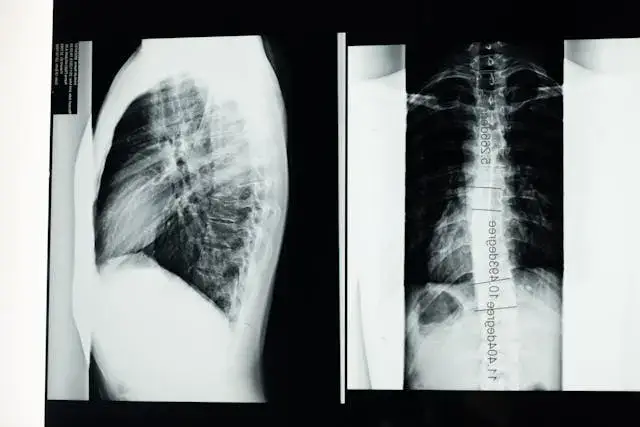
Back pain and spinal discomfort are issues that affect millions worldwide, often disrupting daily life and well-being. Identifying when these symptoms warrant professional attention is crucial for effective management and treatment. A spine specialist possesses the expertise to diagnose and treat various spinal disorders that might not respond to conventional therapies. Knowing the right time to consult a specialist can lead to more personalized care and better health outcomes. This article outlines key signs and considerations that indicate a visit to a spine specialist is advisable.
Recognizing Common Spinal Disorders
Several common spinal disorders affect millions globally, each presenting unique symptoms and challenges. Degenerative disc disease, often seen in older adults, involves the discs between vertebrae deteriorating, causing pain and reduced flexibility. Scoliosis, which can develop in adolescence, is characterized by an abnormal curvature of the spine, potentially leading to discomfort and posture issues. Spinal stenosis, the narrowing of spaces within the spine, can cause nerve compression, leading to pain, numbness, or weakness, primarily in the arms or legs. Herniated discs, where disc material pushes through a tear in the disc’s exterior, often result in arm or leg pain, which can be severe. Additionally, osteoporosis-related spinal fractures are a significant concern, especially in post-menopausal women, leading to severe back pain and height reduction. Early recognition of these conditions is crucial for effective management and can significantly improve the quality of treatment and recovery.
Signs You Should Not Ignore
Certain symptoms related to spinal health should prompt immediate consultation with a spine specialist in Phoenix or your area. Persistent or intense back pain that does not improve with rest could indicate a serious underlying condition such as a herniated disc or spinal stenosis. Numbness or tingling sensations, especially when they occur in the arms or legs, suggest that nerves may be compressed or damaged. Similarly, if you experience weakness in the limbs or problems with coordination, these could be signs of nerve impairment or spinal cord involvement. Loss of bladder or bowel control is a medical emergency known as cauda equina syndrome, which requires urgent attention to prevent permanent damage. Do not delay seeking expert evaluation if you observe these signs, as early intervention can be crucial.
How a Spine Specialist Can Help
A spine specialist offers expertise and specialized care that general practitioners might not provide for complex spinal issues. Through comprehensive diagnostics including advanced imaging techniques like MRI and CT scans, a specialist can pinpoint the exact cause of spinal pain and dysfunction. Treatment options they provide vary from non-invasive therapies such as physical therapy and medications to interventional procedures like epidural injections or minimally invasive surgery. For chronic conditions, they might suggest lifestyle adjustments or rehabilitation programs to enhance spinal health and prevent further injuries. Moreover, spine specialists stay abreast of the latest medical advancements, ensuring that patients receive the most current and effective treatments available. Their focused approach can significantly improve outcomes for patients suffering from both acute and chronic spinal conditions.
Preparing for Your Spine Specialist Visit
Proper preparation for your visit to a spine specialist can significantly enhance the effectiveness of the consultation. Begin by compiling a detailed history of your symptoms, including their onset, duration, and any actions that alleviate or exacerbate them. Bring a list of all medications you are currently taking, including over-the-counter drugs and supplements, as these can influence treatment options. It’s also helpful to gather any previous medical records and imaging studies related to your spinal health, such as X-rays or MRIs, to provide the specialist with a comprehensive view of your condition. Consider writing down any questions or concerns you have beforehand to ensure you cover all aspects of your care during the appointment. Lastly, wearing loose, comfortable clothing can facilitate physical examinations or any on-the-spot tests the specialist might perform.
Enhancing Your Spinal Health Journey
Navigating the complexities of spinal health requires awareness and timely action. Recognizing the signs that call for specialized care is the first step towards recovery. A visit to a spine specialist can provide tailored treatment plans and advanced therapeutic options. Early intervention not only alleviates pain but also prevents further complications. Trust in the expertise of professionals to guide you through your journey to better spinal health.